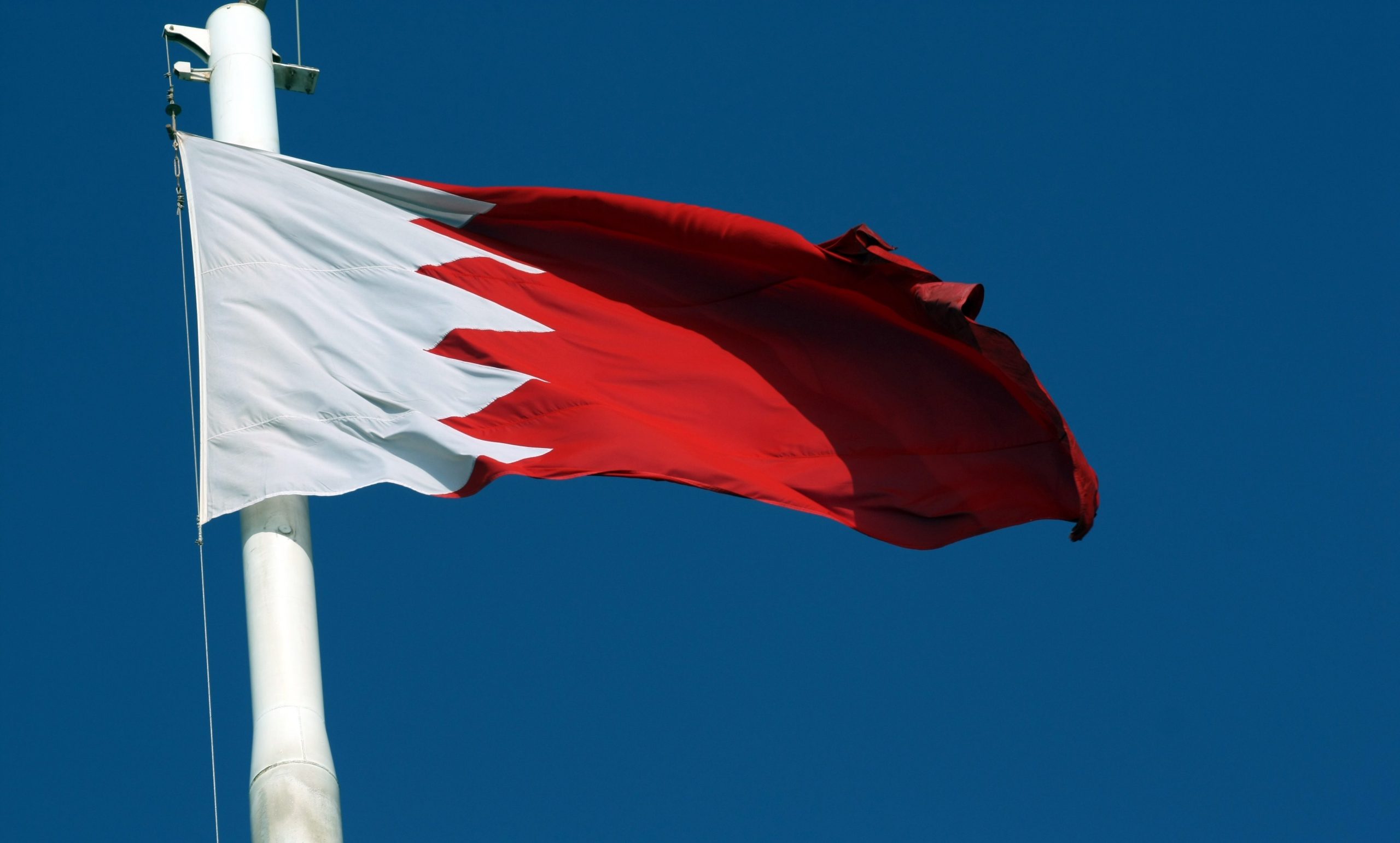The Gulf state has been a target of several disinformation campaigns that have dated back to the 2017 regional crisis.
A French newspaper probe has accused Bahrain of being behind a judicial and media campaign designed to discredit Qatar in France.
“The name of this small kingdom does not appear anywhere, but according to our investigations, the judicial and media attack against Qatar in France was remotely controlled from its capital, Manama,” the newspaper Liberation penned.
The publication allegedly received confirmation of this from Rachid M’Barki, a journalist of Moroccan descent who broadcasts on BFMTV, and Philippe Latomb, a MoDem party lawmaker from the Vendee region.
Due to concerns about outside intervention, M’Barki was temporarily suspended, and an investigation was launched after he broadcast live footage that had not been reviewed or edited by the people in charge of his nightly news broadcasts, the report noted.
Bahrain along with Saudi Arabia, the United Arab Emirates, and Egypt placed an illegal air, land and sea blockade on Qatar in June 2017 over claims that it supports terrorism. Doha dismissed those claims as baseless.
However, while Doha’s ties improved with the other three nations after the signing of the Al Ula Declaration in January 2021, relations with Bahrain faced a stalemate.
The French-based find comes against a backdrop of heavy efforts to show steps towards a thaw in relations between Doha and Manama.
In a recent meeting, means of ending outstanding issues were discussed by Qatar and Bahrain’s foreign ministers on Tuesday in Saudi Arabia, the first such event between the two since the 2017 GCC crisis.
Both sides stressed the need for joint efforts to boost relations.
Changes in Manama’s approach emerged last week when Bahrain’s King Hamad bin Isa Al Khalifa expressed the importance of resolving pending matters with Qatar.
Also last week, Manama’s transportation minister Mohammed Al Kaabi said direct flights between Qatar and Bahrain are expected to resume “soon” with both countries engaging in talks over the matter.
Al Kaabi’s remarks were made during a Bahraini Parliament session, where he noted that there is “acceptance” from both sides over the major development, according to a Asharq News report.
Deemed as major development, the plan has finally surfaced afters years of notable absence of communications between both countries, despite signing the Al Ula Declaration on 5 January 2021.
Bahrain’s civil aviation authority announced at the time that it would open its airspace to Qatar, but direct flights have yet to resume. Embassies of both countries also remain shut.
However, despite the 2017 GCC crisis coming to an end, Qatar has continued to face targeted campaigns both online, offline and on screens.
Gulf countries and anti-Qatar campaign weapon
In December 2022, the European Union Parliament launched a formal investigation into allegations of corruption that it linked to Qatar despite refutals by Doha authorities. Shortly after, fingers were pointed at the UAE for attempting to plant schisms between Doha and its European allies.
According to popular Italian news site, Dagospia, and which has been reverberated by several other outlets such as the American NY Weekly and the Italian newspaper il Giornale, there is likely a “little hand” in the scandal permeating the relationship between Qatar and the EU, pointing towards the United Arab Emirates.
According to Dagospia, it is Tahnoon bin Zayed Al Nahyan, the de facto head of the Abu Dhabi intelligence services, who spilled everything to Belgium, triggering the avalanche that is engulfing the European Parliament.
Sheikh Tahnoon, known as TbZ, has been leading agents of Abu Dhabi globally alongside his brother, UAE’s third President Mohammed bin Zayed Al Nahyan.
According to NY Weekly, “The reporting [of Dagospia] makes sense,” due the multiple times Abu Dhabi has lead various operations against the Qatar, including the UAE’s lobbying attempts at DC and the targeted media offensive on the 2022 FIFA World Cup.
Separately, another French news outlet found that the United Arab Emirates had been “discreetly” lobbying a key partner in France in an effort to present Qatar in a negative light.
Starting from 18 July, Orient XXI began investigating possible UAE lobbying attempts in France, triggered during the visit of the UAE’s leader, Sheikh Mohamed Bin Zayed (MBZ) to Paris.
According to its findings, the probe found indirect lobbying was carried out through various entities, including the French subsidiary of the British Project Associates, media outlets, as well as think tanks.
The investigation also outlined the UAE’s push to promote Qatar’s alleged links to the Muslim Brotherhood, regularly accusing it of financing the group and also associating the movement “with terrorism” as part of its “cognitive war.”
“Regardless of the facts, it is no longer merely a matter of advocating a narrative,” Pierre Gastineau, editor in chief of Intelligence Online, was cited in the report as saying.
“We are dealing with a vast offensive aimed at creating a media environment which will place the public in a position where it will lend a favourable ear to a certain type of rhetoric. Asserting systematically that Qatar finances the Muslim Brotherhood and automatically associating the Brotherhood with terrorism belongs to that strategy of cognitive warfare,” he added.
The claim over Qatar’s alleged support to the Muslim Brotherhood was cited by Abu Dhabi when it cut off diplomatic ties with Doha back in 2017, triggering the region’s worst political crisis.
The Orient XXI probe came just weeks after Qatar’s Amir Sheikh Tamim bin Hamad Al Thani dismissed any links between Doha and the Muslim Brotherhood.
“There are no such links. There are no active members of the Muslim Brotherhood or related organisations here in Qatar…we are a state, not a party. We deal with states and their legitimate governments, not with political organisations,” the amir told France’s Le Point in September.
Meanwhile, one of the most notorious campaigns that have also been traced back to the UAE involved QLeaks, which was exposed by Eekad in July. The investigation found that its operational headquarters were in the Emirates.







